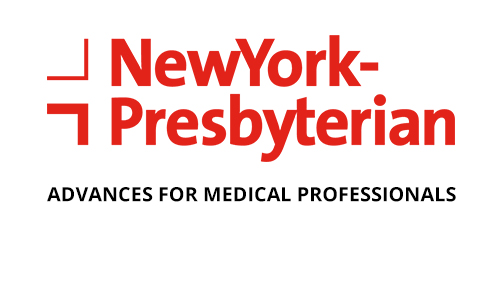Research Highlights Targeting Challenges in Cardiovascular Disease
Each and every day, NewYork-Presbyterian researchers and clinician-scientists are advancing knowledge in virtually every medical specialty. At Weill Cornell Medicine and Columbia University Vagelos College of Physicians and Surgeons, faculty are targeting some of today’s most formidable health challenges, pushing scientific discoveries forward and applying research breakthroughs to improving the lives of patients everywhere. In this issue of Advances, we share several recent investigations in cardiovascular care.
Valve Replacement Volume Leads to Successful Outcomes

Dr. Art Sedrakyan
Weill Cornell Medicine researchers have shown that hospitals that routinely perform a heart valve replacement procedure that requires open heart surgery are more likely to adopt a newer, less invasive technique. When hospitals have a high caseload of patients undergoing both approaches, they are likely to achieve the best patient outcomes for those who undergo the newer procedure. The results of the Weill Cornell investigation appeared in the October 31, 2018 issue of JAMA Cardiology.
“You can imagine that hospitals known for valve care are more likely to attract valve patients and adopt transcatheter aortic valve replacement — TAVR — more quickly,” says senior author Art Sedrakyan, MD, PhD, Professor of Healthcare Policy and Research at Weill Cornell Medicine. “And it’s likely that the more experience the hospitals have in performing valve surgery, the better patient outcomes are.”
In the study, the researchers sought to examine the relationship between the number of times hospitals perform the established procedure — surgical aortic valve replacement (SAVR) — and patient outcomes from the less invasive TAVR. First approved in 2011 for high risk patients who were considered inoperable, TAVR has gained popularity in recent years.
The Centers for Medicare and Medicaid Services recently set criteria to promote high quality implementation of TAVR, including the requirement that hospitals perform at least 50 SAVR procedures a year prior to beginning TAVR procedures. Due to scrutiny over the requirements, a Medicare Evidence Development and Coverage Advisory Committee panel took place in July to discuss the issue. While some attendees argued for lowering the requirements, as they are difficult to reach in less populated areas, others posited that hospitals with high SAVR numbers would have lower complication rates for TAVR.
To discern that relationship, the Weill Cornell Medicine team, led by Dr. Sedrakyan, analyzed more than 60,000 TAVR procedures performed at hospitals between 2011 and 2015. They ultimately found that high volumes of both procedures were associated with the best outcomes for TAVR. “It’s important that we evaluate TAVR and SAVR in a conjoined way. That’s what makes this study novel — previous studies have not assessed the effect of SAVR volume,” says first author Jialin Mao, MD, MS, an instructor in Healthcare Policy and Research at Weill Cornell Medicine.
When researchers looked at patient mortality rates 30 days and then one year after undergoing TAVR, they found that patients treated at hospitals with high SAVR volume and high TAVR volume had the lowest mortality. “Patients need to know that getting care at institutions with the highest volume of aortic valve interventional care is most beneficial to them,” says Dr. Sedrakyan.
The findings suggest that federal requirements determining hospital eligibility for Medicare and Medicaid reimbursement for TAVR procedures are appropriate and could even be more restrictive. “Current restrictions need to be maintained and made even stronger,” says Dr. Sedrakyan. “We don’t believe the time is right for widespread access to these technologies at the expense of patient safety.”
Reference Article
Mao J, Redberg RF, Carroll JD, Marinac-Dabic D, Laschinger J, Thourani V, Mack M, Sedrakyan A. Association between hospital surgical aortic valve replacement volume and transcatheter aortic valve replacement outcomes. JAMA Cardiology. 2018 Nov 1;3(11):1070-78.
Related Publications

New Hope for Patients with Underdiagnosed Form of Heart Failure

MitraClip Improves Outcomes for Mitral Regurgitation





